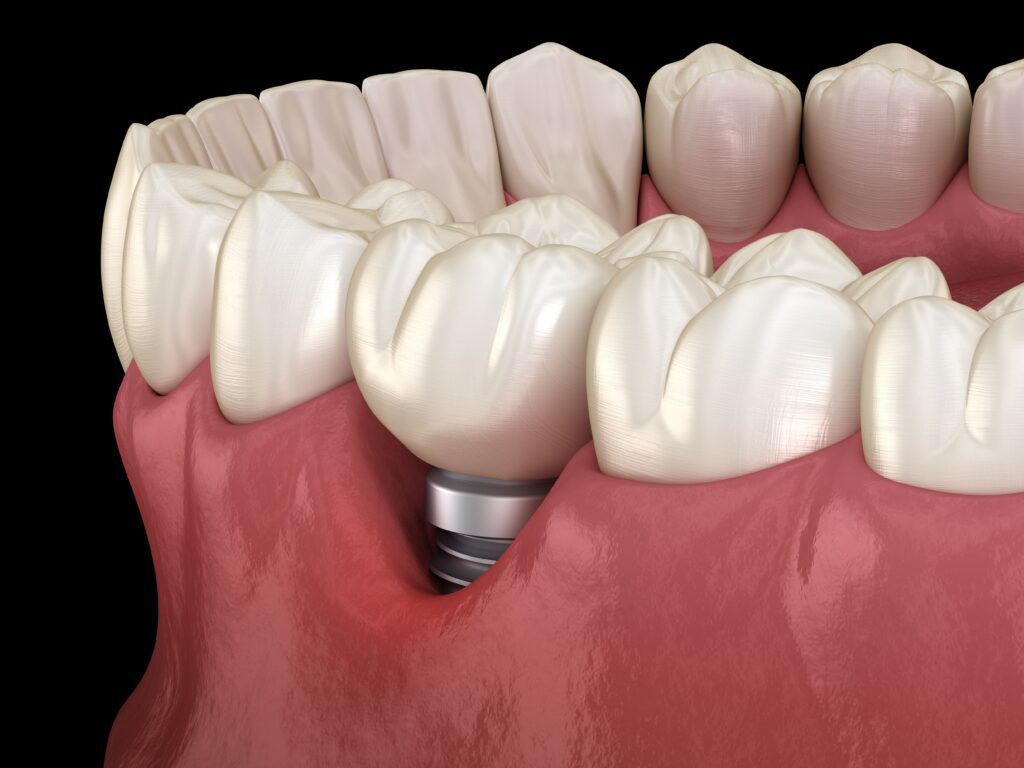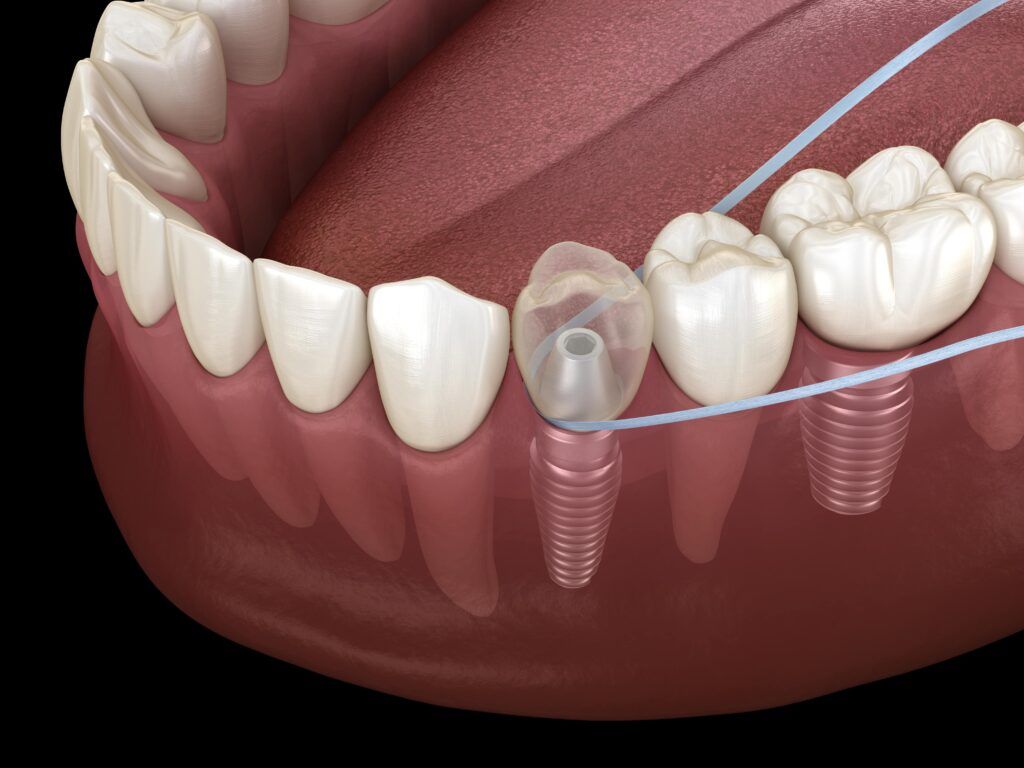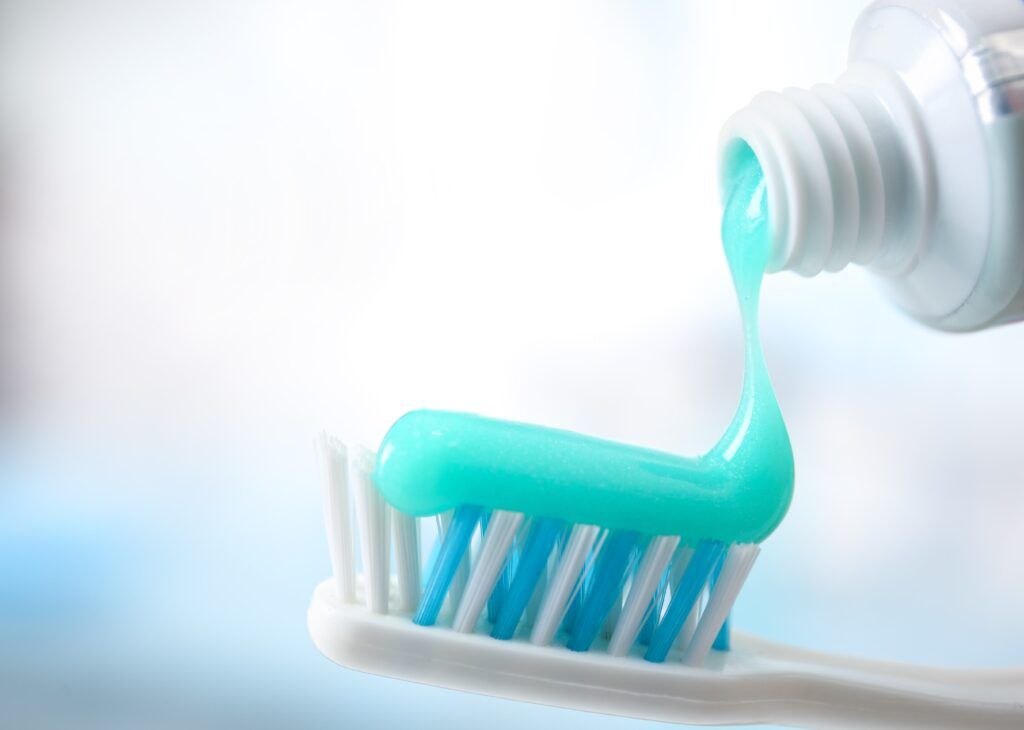Dental implants have revolutionized the way we approach tooth loss, offering a durable and aesthetically pleasing solution for those looking to restore their smiles. As the popularity of dental implants continues to rise, it becomes increasingly important for patients and dental professionals alike to understand the critical role that oral hygiene plays in the longevity and success of these dental prosthetics.
In this blog, we’ll delve into why maintaining excellent oral hygiene is paramount not only for the health of your natural teeth but also for ensuring the durability and functionality of your dental implants. We’ll explore the link between oral hygiene and implant success, provide practical tips for daily care, and discuss the importance of regular professional maintenance. Whether you are considering dental implants or already have them, understanding how to care for them can make a significant difference in your oral health and overall quality of life.
In This Blog:
- Understanding Dental Implants
- The Link Between Oral Hygiene and Dental Implant Success
- Common Oral Hygiene Challenges
- Essential Oral Hygiene Practices for Dental Implants
- Long-Term Maintenance
Understanding Dental Implants
Dental implants are a modern solution for tooth replacement that mimic the natural structure of teeth, offering both functionality and aesthetic appeal. Comprising three main components—the implant, the abutment, and the crown—dental implants provide a stable, long-lasting solution.
The implant itself is a titanium post that is surgically embedded into the jawbone, serving as a synthetic root. Over time, the jawbone integrates with this post through a process called osseointegration, securing it firmly in place. The abutment is attached to the implant and acts as a base for the crown, which is custom-made to match the surrounding teeth for a seamless appearance.
Unlike dentures or bridges, dental implants do not require the alteration of neighboring teeth, preserving more of the individual’s natural tooth structure. This feature, along with their durability and natural look, makes dental implants a superior choice for those looking to restore lost teeth and maintain oral health.
The Link Between Oral Hygiene and Dental Implant Success
Maintaining optimal oral hygiene is crucial for the success and longevity of dental implants. While dental implants are designed to be durable and function like natural teeth, they require diligent care to prevent complications such as infections and implant failure.
Impact of Oral Hygiene on Implants

Good oral hygiene is essential to prevent the buildup of plaque, which can lead to gum disease—a significant risk factor for peri-implant diseases. These conditions, such as peri-implantitis (similar to periodontitis but around implants), involve inflammation of the tissues around the implants and can result in bone loss if left untreated. This bone loss can compromise the stability of the implant, potentially leading to failure.
Importance of Preventing Infections
The mouth is home to hundreds of different types of bacteria, and without proper oral hygiene, these bacteria can proliferate around the dental implant. If bacteria accumulate at the implant site, they can cause infections that may not only damage the implant but also spread to other areas of the mouth and body. Regular brushing, flossing, and professional cleanings help minimize the risk of infection and ensure the implant site remains healthy.
Studies and Statistics
Research underscores the critical role of oral hygiene in implant success. Studies have shown that patients who follow recommended oral care routines have significantly lower rates of implant-related complications. For instance, regular professional cleanings and daily brushing and flossing reduce the risk of peri-implantitis, thereby enhancing the longevity of the implant.
Overall, the success of dental implants is heavily dependent on meticulous oral hygiene. Ensuring the removal of plaque through regular brushing and flossing, along with routine dental visits for professional cleanings and check-ups, is imperative. By maintaining a rigorous oral hygiene regimen, patients can significantly improve the outcome of their dental implants, enjoying a functional and aesthetically pleasing smile for years to come.
Common Oral Hygiene Challenges for Dental Implant Patients
Dental implants, while an excellent solution for tooth replacement, present unique oral hygiene challenges. Addressing these issues effectively is crucial for ensuring the long-term success and health of the implants. Here’s a look at some common challenges and how to manage them:
Hard-to-Clean Areas
- Accessibility: Implants, particularly those in the back of the mouth, can be difficult to reach with standard toothbrushes and floss. This can lead to inadequate plaque removal.
- Solution: Use angled toothbrushes, interdental brushes, and water flossers to better reach and clean these areas. Such tools are designed to maneuver around implants and penetrate tight spaces.
Sensitivity and Discomfort
- Post-Surgery: Following the placement of an implant, the surrounding gum tissue might be sensitive, making routine oral hygiene practices uncomfortable.
- Solution: During this initial healing period, use extra-soft toothbrushes and gentle, non-alcoholic rinses to maintain hygiene without exacerbating sensitivity.
Adapting to New Oral Hygiene Tools
- Learning Curve: Patients may struggle to adapt to new tools like water flossers or interdental brushes, which are essential for cleaning around implants effectively.
- Solution: Consult with dental professionals for demonstrations on how to use these tools effectively. Most dental offices are equipped to provide practical advice and hands-on guidance.
Monitoring for Signs of Infection
- Symptom Recognition: Recognizing early signs of infection or inflammation around implants is crucial but can be challenging for patients.
- Solution: Regularly check for symptoms like redness, tenderness, or bleeding around the implant site. Regular dental check-ups are essential, as dentists can diagnose issues that might not be obvious to patients.
Maintaining Long-Term Discipline
- Routine Maintenance: Keeping up with daily hygiene practices can become tedious over time, especially with the added steps required for implant care.
- Solution: Establishing a consistent daily routine that incorporates all necessary steps for implant care can help. Setting reminders or linking the new hygiene habits with existing ones can also aid in maintaining discipline.
By recognizing and addressing these common challenges, patients with dental implants can effectively manage their oral health. Education and regular consultations with dental professionals play significant roles in overcoming these obstacles, ensuring that the implants remain in good condition and function optimally for many years.
Essential Oral Hygiene Practices for Dental Implants
Proper care of dental implants is critical for ensuring their longevity and preventing complications such as infection or implant failure. Here are essential oral hygiene practices that are specifically tailored to care for dental implants effectively:
Daily Brushing and Flossing

- Brushing: Use a soft-bristled toothbrush to gently clean around the implants and crowns at least twice a day. An electric toothbrush can be more effective in removing plaque around the harder-to-reach areas. Be sure to brush under and around the crown of the implant.
- Flossing: Special types of floss, such as implant-specific floss or water flossers, are recommended for cleaning around implants. These tools can help remove plaque and food particles from beneath the gum line and around the implant post.
Choosing the Right Tools
- Toothbrushes: Soft or extra-soft bristled toothbrushes are ideal as they are less likely to scratch the surface of the implant or irritate the surrounding gums.
- Toothpaste: Use a non-abrasive toothpaste to avoid scratching the surface of the implant crown. Some toothpastes are specifically formulated for implants and are ideal for daily use.
- Interdental Brushes: These small brush-tipped rods can get into spaces where regular brushes can’t reach, making them excellent for cleaning around implants.
Professional Cleanings and Regular Check-Ups
- Regular Dental Visits: Schedule regular cleanings and check-ups every six months, or more frequently if recommended by your dentist. These visits are crucial for monitoring the health of your implants and the integrity of the surrounding bone and gum tissue.
- Professional Cleaning Tools: Dental professionals use specialized tools designed for implants that clean without scratching the surface. Regular professional maintenance is essential to manage any early signs of inflammation or infection.
Additional Care Tips
- Avoid Smoking: Smoking can inhibit healing and negatively affect the health of dental implants. Quitting smoking is highly recommended to improve outcomes.
- Night Guards: If you grind your teeth at night, consider using a night guard to protect your implants and natural teeth from excessive wear and damage.
By adhering to these essential oral hygiene practices, individuals with dental implants can significantly enhance the success rate of their implants. These practices not only help in maintaining the aesthetic appeal of the implants but also contribute to the overall health of the mouth.
Long-Term Maintenance and Monitoring of Dental Implants
To ensure the longevity and functionality of dental implants, a comprehensive long-term maintenance and monitoring strategy is essential. Here’s how patients can effectively manage their dental implants over the years:
Regular Dental Check-Ups
- Routine Examinations: Schedule visits to the dentist every six months or as recommended. These appointments allow for the thorough examination of implants, checking for stability, alignment, and any signs of infection or inflammation.
- Professional Cleanings: During these visits, dental professionals use specialized tools designed to clean implants without damaging them. These cleanings help prevent plaque buildup and detect early signs of peri-implant diseases.
Monitoring for Early Signs of Problems
- Self-Inspection: Patients should regularly inspect their implants at home for any signs of discomfort, looseness, or visible changes in the gum or surrounding teeth. Any unusual symptoms should be reported to a dentist immediately.
- Regular Imaging: Annual X-rays or as directed by a dental professional can monitor the bone levels around implants and ensure the hardware is intact and properly functioning.
Lifestyle Adjustments
- Avoiding Harmful Habits: Smoking and chewing tobacco are detrimental to implant health, as they can impede healing and promote infection. Limiting alcohol consumption, which can affect the gums and bone health, is also advisable.
- Diet Choices: A balanced diet rich in calcium, vitamin D, and anti-inflammatory foods supports overall dental health and aids in maintaining the integrity of the bone and soft tissues around implants.
Proactive Response to Issues
- Immediate Action: Addressing problems as soon as they are noticed increases the chances of resolving them without significant interventions. For instance, if an implant feels loose or if there is noticeable swelling, contacting a dentist promptly is crucial.
- Collaborative Care: Working closely with dental professionals to tailor care to personal needs helps manage and mitigate potential complications. This includes following customized advice on care products and techniques.
Education and Awareness
- Understanding Implant Health: Patients should educate themselves about potential issues that can affect implants, such as peri-implantitis, and the steps they can take to prevent such conditions.
- Updates in Dental Care: Staying informed about the latest in dental care technologies and products can help patients adopt the most effective maintenance routines.
By committing to these long-term maintenance and monitoring strategies, patients with dental implants can significantly enhance their durability and function. Regular and proactive dental care, combined with healthy lifestyle choices, forms the cornerstone of successful long-term outcomes for dental implants.
Conclusion
In conclusion, the care and maintenance of dental implants are essential for ensuring their longevity and functionality. By adhering to rigorous oral hygiene practices, utilizing advanced care techniques, and committing to regular dental check-ups, individuals with dental implants can significantly enhance their oral health and overall quality of life. It’s important to recognize and address any challenges or issues early on and to stay informed about the best practices for implant care. With the right approach and dedication, dental implants can provide a durable, aesthetic, and functional solution for missing teeth, allowing individuals to smile with confidence for years to come.

